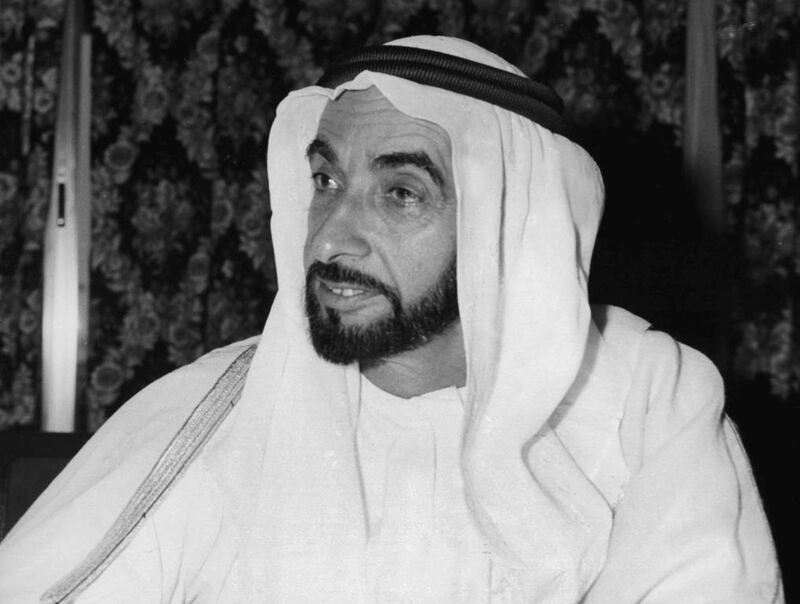On September 11, 2001, the atrocities of the 9/11 attacks by Al Qaeda on Washington and New York took place. At the time, I sat for hours with colleagues in front of the television, watching and re-watching footage of the planes crashing into the Twin Towers in New York and the chaos that followed. Those images are imprinted on my memory. I doubt that they will ever fade.
Those attacks represented a new kind of asymmetrical conflict, one whose perpetrators displayed absolutely no concern for the fate of thousands of innocent people.
"The criminal acts" of 9/11, the late Sheikh Zayed said, should prompt "a strong international alliance to eradicate terrorism, and all those who provide assistance to it or harbour it."
Today, in Syria, Iraq and now spilling into Lebanon, ISIL has embarked on an orgy of brutality and repression, also allegedly in the name of Islam. Hundreds of thousands of people are affected. The death toll directly attributable to ISIL through its massacres of unarmed people already far exceeds the numbers who died as a direct result of the September 11 attacks.
A few days ago, the UAE expressed its support for global action to rid the international community of ISIL and similar groups. We can expect in the months and years ahead to see the UAE implementing that commitment.
Some observers have suggested that the emergence of ISIL and other groups has been made possible, in part, by a failure to comprehend the threat that their perverted ideology represents or even, in some cases, by governments closing their eyes to that threat and allowing their citizens to provide the groups with support.
The UAE, I am proud to say, has a record, spanning more than 20 years, of warning against those who pervert the message of Islam to justify terrorism and murder.
There is no better evidence of that than successive statements made by Sheikh Zayed.
As early as 1993, addressing a meeting of religious scholars, he stressed the need to confront extremism and for young people to be taught that Islam calls for tolerance and compassion, rejecting any suggestion that there can be any justification of Muslims killing other Muslims, or any other person, in the name of religion.
Scholars should teach the true nature of Islam, he said, “so that people respond and confront terrorism perpetrated in the name of religion and killing in the name of religion”.
In the mid-1990s, most of the world was silent as terrorists in Algeria sought to overthrow the government. Claiming to be pursuing the dictates of Islam, they slaughtered innocent men, women and children. They adopted, for the first time in the region’s modern history, the practice of beheading their opponents to spread panic – not just among their opponents, but also among those whose only wish was to avoid being caught up in the conflict. How familiar that sounds today.
Those Algerian terrorists were far away and, unlike ISIL, they posed no direct threat to the UAE. Almost alone among Arab and Muslim leaders, however, Sheikh Zayed firmly condemned their acts. They were, he said, not simply a perversion of Islam, but were in direct contradiction of its teachings.
In contrast, he said: “Islam is a civilising religion that gives mankind dignity. A Muslim is he who does not inflict evil upon others. Islam is the religion of tolerance and forgiveness, and not of war, one of dialogue and understanding. It is Islamic social justice which has asked every Muslim to respect the other. To treat every person, no matter what his creed or race, as a special soul is a mark of Islam. It is just that point, embodied in the humanitarian tenets of Islam, that makes us so proud of it.”
Within that context, he noted: “In these times, we see around us violent men who claim to talk on behalf of Islam. Islam is far removed from their talk. If such people really wish for recognition from Muslims and the world, they should themselves first heed the words of God and His Prophet. Regrettably, however, these people have nothing whatsoever that connects them to Islam. They are apostates and criminals. We see them slaughtering children and the innocent. They kill people, spill their blood and destroy their property, and then claim to be Muslims.”
How true his words were then – and how relevant they remain today.
Peter Hellyer is a consultant specialising in the UAE’s history and culture





